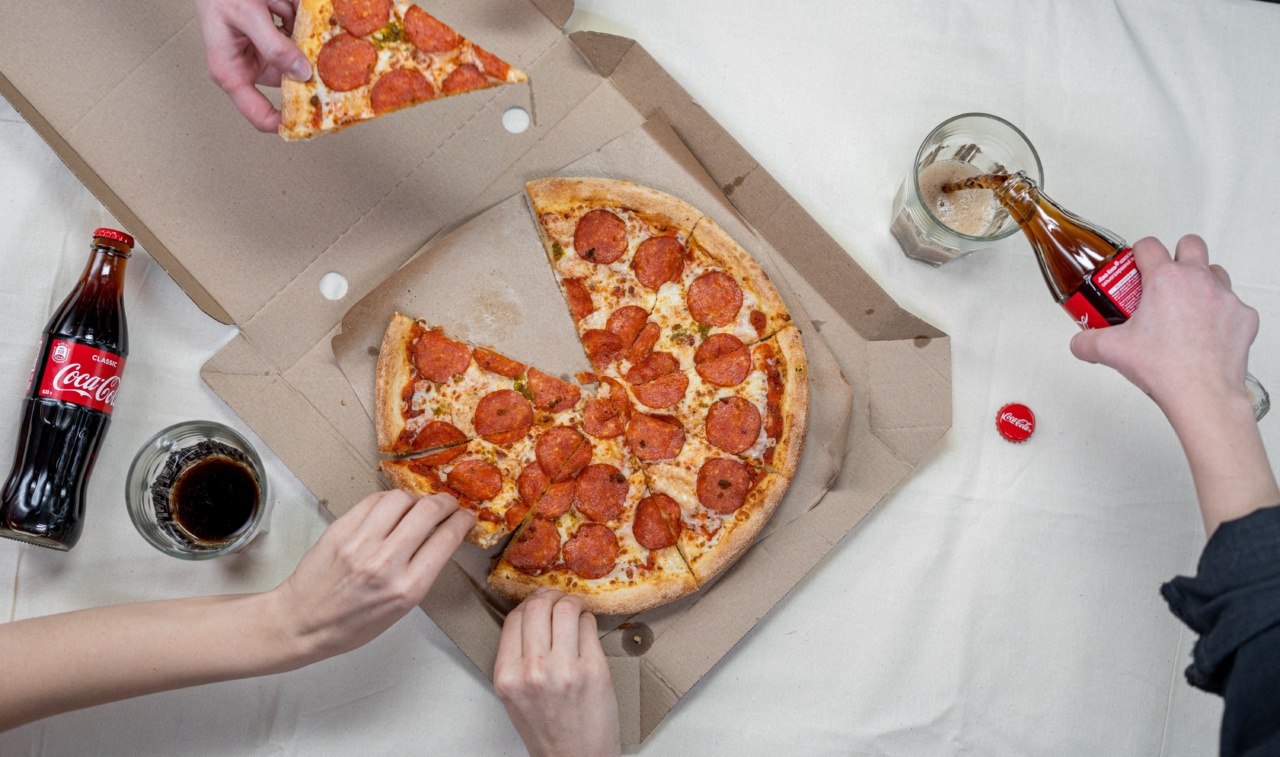It’s no secret that alcohol and junk food often go hand in hand. When we’ve had a few too many drinks, we tend to crave greasy, salty, and carb-heavy indulgences like burgers, fries, and pizza.
But what is it about alcohol consumption that makes us crave junk food? In this article, we’ll take a closer look at the scientific reasons behind this phenomenon.
Alcohol and Appetite
Alcohol has been shown to affect appetite in a number of ways. For starters, it can increase feelings of hunger and stimulate our appetite.
One study published in the journal Obesity found that moderate alcohol consumption caused subjects to eat more calories, particularly from high-fat foods. Researchers believe that this is related to the way alcohol affects the brain’s appetite-regulating hormones.
Alcohol and Blood Sugar
Another way that alcohol affects our cravings is by messing with our blood sugar levels. When we drink alcohol, our liver focuses on breaking down the alcohol rather than regulating our blood sugar.
This can lead to fluctuations in blood sugar levels, which can trigger feelings of hunger and cravings for sugar and other refined carbohydrates. In fact, research has shown that drinking alcohol can lower blood sugar levels as much as 30 percent.
Alcohol and Inhibition
One of the reasons we may be more likely to indulge in junk food after drinking is because alcohol lowers our inhibitions. When we’re intoxicated, we’re more likely to give into cravings and make impulsive decisions.
In fact, a study published in the journal Health Psychology found that when participants consumed alcohol before a meal, they were more likely to opt for high-calorie, high-fat entrees compared to those who had not consumed alcohol.
The Role of Dopamine
Dopamine is a neurotransmitter that plays a key role in regulating our reward system. When we experience pleasurable activities like eating junk food, our brain releases dopamine, which reinforces the behavior and makes us more likely to repeat it.
Some research suggests that drinking alcohol may trigger the release of dopamine in a similar way to junk food, making us more likely to crave unhealthy foods after drinking.
The Importance of Hydration
Another factor that may contribute to post-drinking junk food cravings is dehydration. When we consume alcohol, it has a diuretic effect on the body, which means we lose more fluids than we take in.
This can lead to dehydration, which can contribute to feelings of hunger and cravings for salty foods. Drinking water while consuming alcohol can help mitigate the effects of dehydration and reduce the likelihood of these cravings.
The Bottom Line
While there are a number of factors that contribute to our cravings for junk food after drinking, one thing is clear: consuming alcohol makes us more likely to indulge in unhealthy foods.
By understanding the underlying mechanisms behind these cravings, we can take steps to mitigate their effects. This might include drinking plenty of water alongside alcohol, choosing healthier food options before and after drinking, and being mindful of our food choices while under the influence.
Conclusion
There are several reasons why we crave junk food after drinking alcohol. Alcohol can stimulate appetite, mess with our blood sugar levels, lower our inhibitions, and trigger the release of dopamine.
Additionally, dehydration can contribute to these cravings. By understanding these mechanisms, we can take steps to reduce their effects and make healthier choices when it comes to food and alcohol consumption.






























